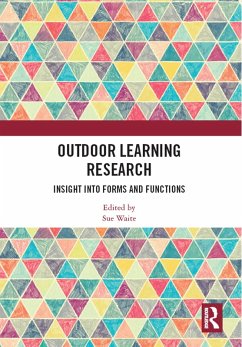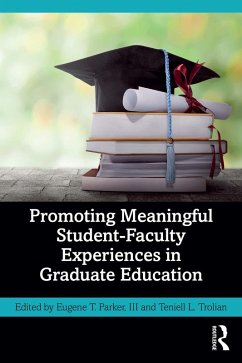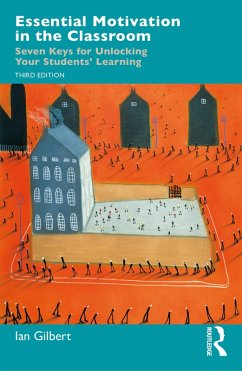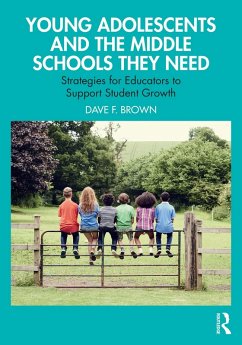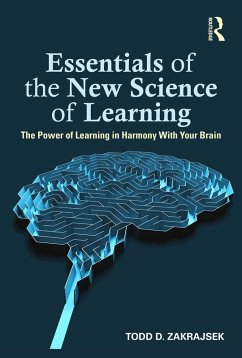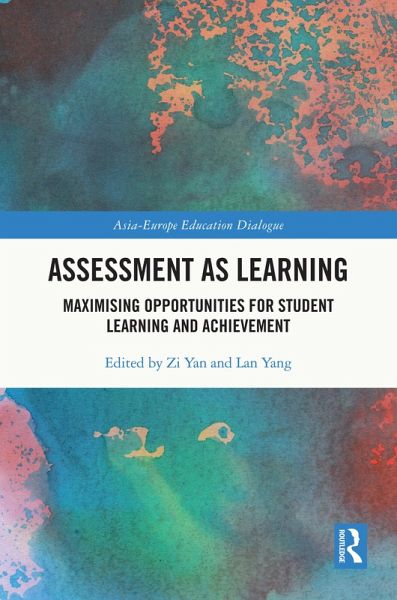
Assessment as Learning (eBook, PDF)
Maximising Opportunities for Student Learning and Achievement
Redaktion: Yan, Zi; Yang, Lan
Versandkostenfrei!
Sofort per Download lieferbar
39,95 €
inkl. MwSt.
Weitere Ausgaben:

PAYBACK Punkte
20 °P sammeln!
Based on a solid theoretical basis of assessment-as-learning and updated empirical evidences, this timely book significantly expands the existing scope of assessment-as-learning typically developed in Western contexts.This edited volume updates theoretical and empirical advances in assessment-as-learning in complex learning processes, brought together by an international panel of authors. The contributors provide a wide range of practical ways to harness the power of assessment-as-learning to make it work more effectively not only in the classroom, but also across other achievement-related sit...
Based on a solid theoretical basis of assessment-as-learning and updated empirical evidences, this timely book significantly expands the existing scope of assessment-as-learning typically developed in Western contexts.
This edited volume updates theoretical and empirical advances in assessment-as-learning in complex learning processes, brought together by an international panel of authors. The contributors provide a wide range of practical ways to harness the power of assessment-as-learning to make it work more effectively not only in the classroom, but also across other achievement-related situations (e.g. examinations, learning processes before and after classes).
Assessment as Learning provides a deep contemporary insight into the field of formative assessment, and brings much-needed international perspectives to complement the current Western-focused research. This is a valuable contribution to the discussion, and provides useful insight for researchers in Education.
This edited volume updates theoretical and empirical advances in assessment-as-learning in complex learning processes, brought together by an international panel of authors. The contributors provide a wide range of practical ways to harness the power of assessment-as-learning to make it work more effectively not only in the classroom, but also across other achievement-related situations (e.g. examinations, learning processes before and after classes).
Assessment as Learning provides a deep contemporary insight into the field of formative assessment, and brings much-needed international perspectives to complement the current Western-focused research. This is a valuable contribution to the discussion, and provides useful insight for researchers in Education.
Dieser Download kann aus rechtlichen Gründen nur mit Rechnungsadresse in A, B, BG, CY, CZ, D, DK, EW, E, FIN, F, GR, HR, H, IRL, I, LT, L, LR, M, NL, PL, P, R, S, SLO, SK ausgeliefert werden.





